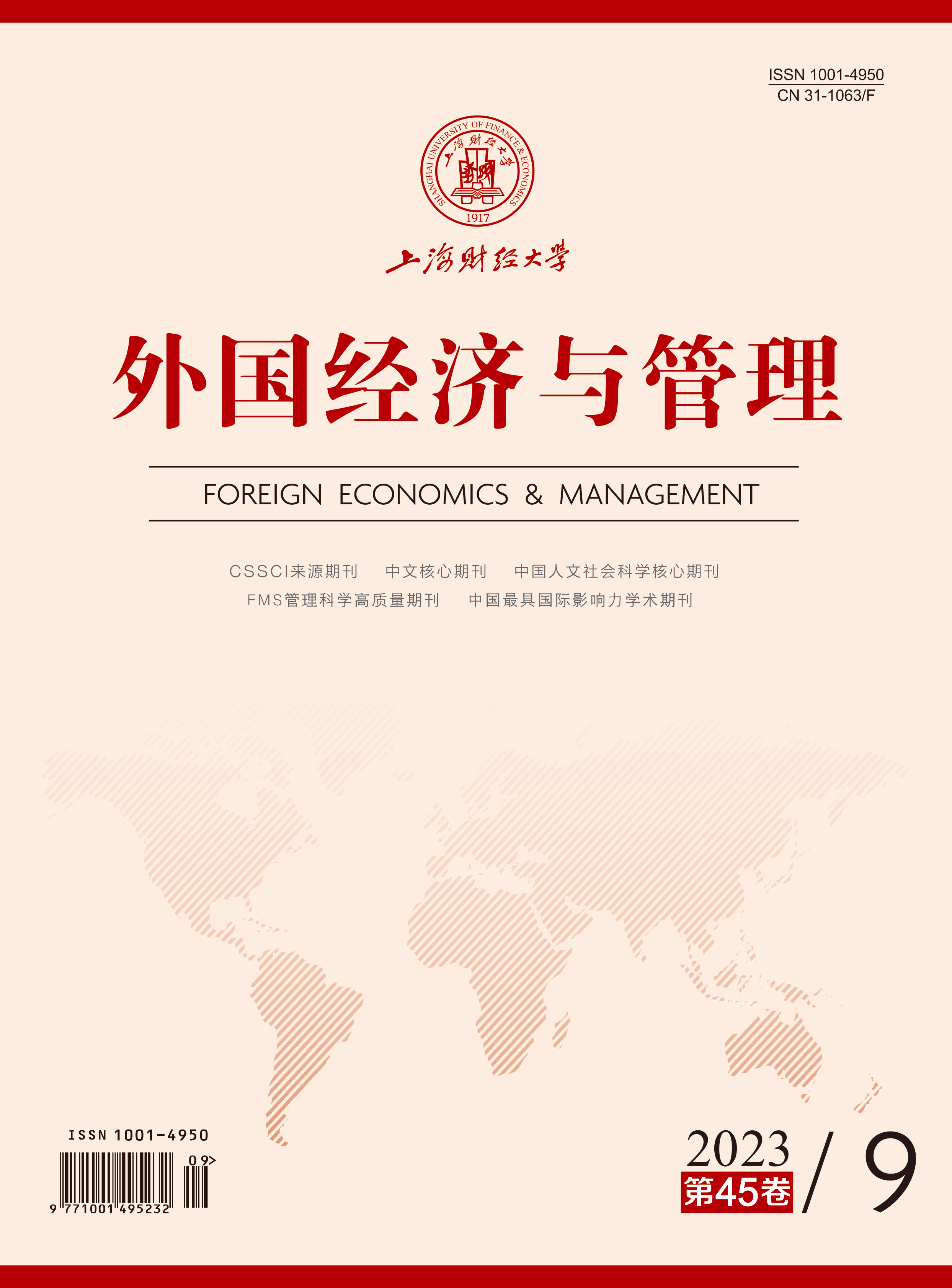ChatGPT is an AI chatbot program developed by OpenAI, based on the GPT3.5 and GPT4 architectural large-scale language model, and realizes human-computer interaction by means of text. At the end of November 2022, ChatGPT was launched, and quickly became popular on social media, and in just two months, the number of registrations had already exceeded 100 million, making it the fastest growing consumer application in history and bringing about a huge disruption to the entire education system. For business, the emergence of ChatGPT is not only a challenge to traditional business education, but also an important opportunity to construct new business teaching, research, and practice. What will ChatGPT be like for business education? Will it have a disruptive impact on business education? How should business educators respond to such new technologies?
This paper argues that ChatGPT breaks through the limitations of time, space, and capacity, and will bring about significant changes to the three traditional functions of “teaching” “research” and “practice” in business education. At present, traditional business education still faces many challenges. In terms of traditional business teaching, on the one hand, there is a serious lack of practical scenarios and applications; on the other hand, due to the absence of effective feedback from students, it is difficult for teachers to grasp the situation of students. In terms of traditional business research, due to the special scientific research capabilities of AI, the past research paradigms, research capabilities, and research publications need to be reconstructed or even subverted. However, the emergence of ChatGPT also brings great opportunities to business education. First, ChatGPT will provide an extremely powerful force for breakthroughs in the ability and feedback of business teaching, completely changing the problems of the lack of practical scenarios and the variability of practical scenarios in business education. Second, ChatGPT changes the educational responsibilities of business teachers, promoting business research to “true practice”“true problem” and “true value”. Third, ChatGPT changes the ability of business practice, promoting business teachers to focus on practice and love practice.
By exploring the challenges and opportunities of ChatGPT for traditional business education, this paper aims to enhance the impact of AI on business teaching, research, and practice, and redefine the functions of business school professors, who will be “discussers of course content, leaders of practical activities, shapers of business value, and thinkers of management ideas”. Correspondingly, the assessment content for the “new business school professor” will be social “discussion class”, field-style “practical activities”, cutting-edge “exploratory research”, and speculative “value discussion”. How business school professors design GPT-based “discussion classes” “practical activities” “exploratory research” and “value discussion” will be a new proposition.





 5179
5179  4149
4149

